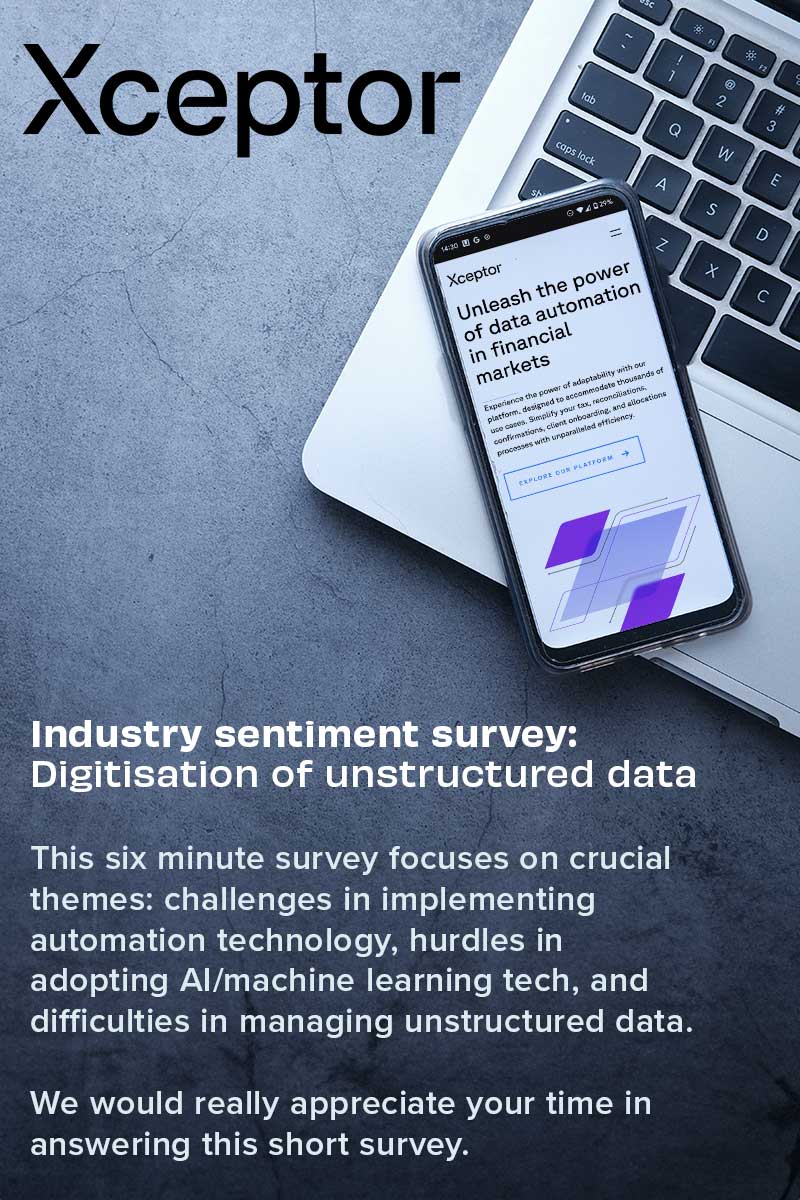Data is becoming extremely valuable not only in terms of cost savings but in terms of new services and revenue opportunities, according to Juliette Kennel, SWIFT moderator.
During the ‘Realising data opportunities in the securities industry’ panel at Sibos, Kennel said: “It seems to me that the value of data depends on our ability to share it and exchange it efficiently. However, different standards or different data models will make this more difficult.”
Vicky Kyproglou, head of network and market infrastructure management, UBS AG, agreed: “Data is increasing in importance across all industries, not just our own. If analysed and used correctly then data can deliver tremendous business outcomes.”
Kyproglou has observed that the payments side of the industry has been working for a while towards a set deadline in the migration towards ISO 20022. However, the pace of change is slower in the securities space.
“The requirements around the Shareholder Rights Directive was a recent example of where ISO 20022 was used and this generated incredible learning opportunities. But unfortunately, there is no master plan for broader securities interactions,” said Kyproglou.
ISO 20022 is a multi-part international standard for a common platform for the development of messages. It will impact all financial institutions active in cross-border payments as well as market infrastructures and third-party vendors.
Organisations will have to think about and consider how they will manage, disseminate and store the richness of data provided by the new functionalities enabled by ISO 20022.
Kennel asked the panel if they thought the lack of interest in ISO 20022 on the buy-side is an excuse for the sell-side to “do nothing”. Kennel also asked the panellists whether the buy-side is interested in standards or data models.
Kevin Houstoun, executive chairman, Rapid Addition, responded: “I think there are a number of competing constraints in the buy-side industry’s adoption of standards.”
For example, the private banking industry is seeing considerable cost pressures from high-net-worth and ultra high-net-worth clients. Houstoun highlighted: “The days of low digit percentage point fees are over and the trend is closer to something towards 20 basis points, all in. Automation is going to be an important part of that transition.”
Discussing the process that should be carried out, using ISO 20022, Stuart Warner, head of direct custody and clearing product, Europe, MENAT and Americas, Securities Services, HSBC, said: “New products and services, particularly those that deploy new technologies, including distributed ledger technology, are becoming increasingly sophisticated and therefore require richer datasets and lower latency.”
Warner elaborated: “Having a standard is an important step in this journey and by definition, the standard(s) must enable industry participants to work together effectively. However, a standard only becomes meaningful if it is mandated by a regulator or market infrastructure, or it organically gains critical mass in the community.”
ISO 20022 is a standard that has been designed to support interoperability and can be leveraged across technologies and platforms.
This is why there is a strong argument that alignment with ISO 20022 can help reduce complexity in an industry where so many participants rely on the active sharing of data up and down a chain of intermediaries, according to Warner.
The panel also discussed how ISO 20022 can reduce friction in the industry. Looking at other ways to reduce friction, Alex Dockx, head of industry development for custody, securities services, J.P. Morgan, affirmed: “There has been quite a bit of progress made towards the harmonisation in the settlement space. It is clear that education is needed and oversight and monitoring will be key.”



